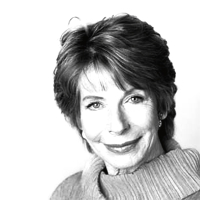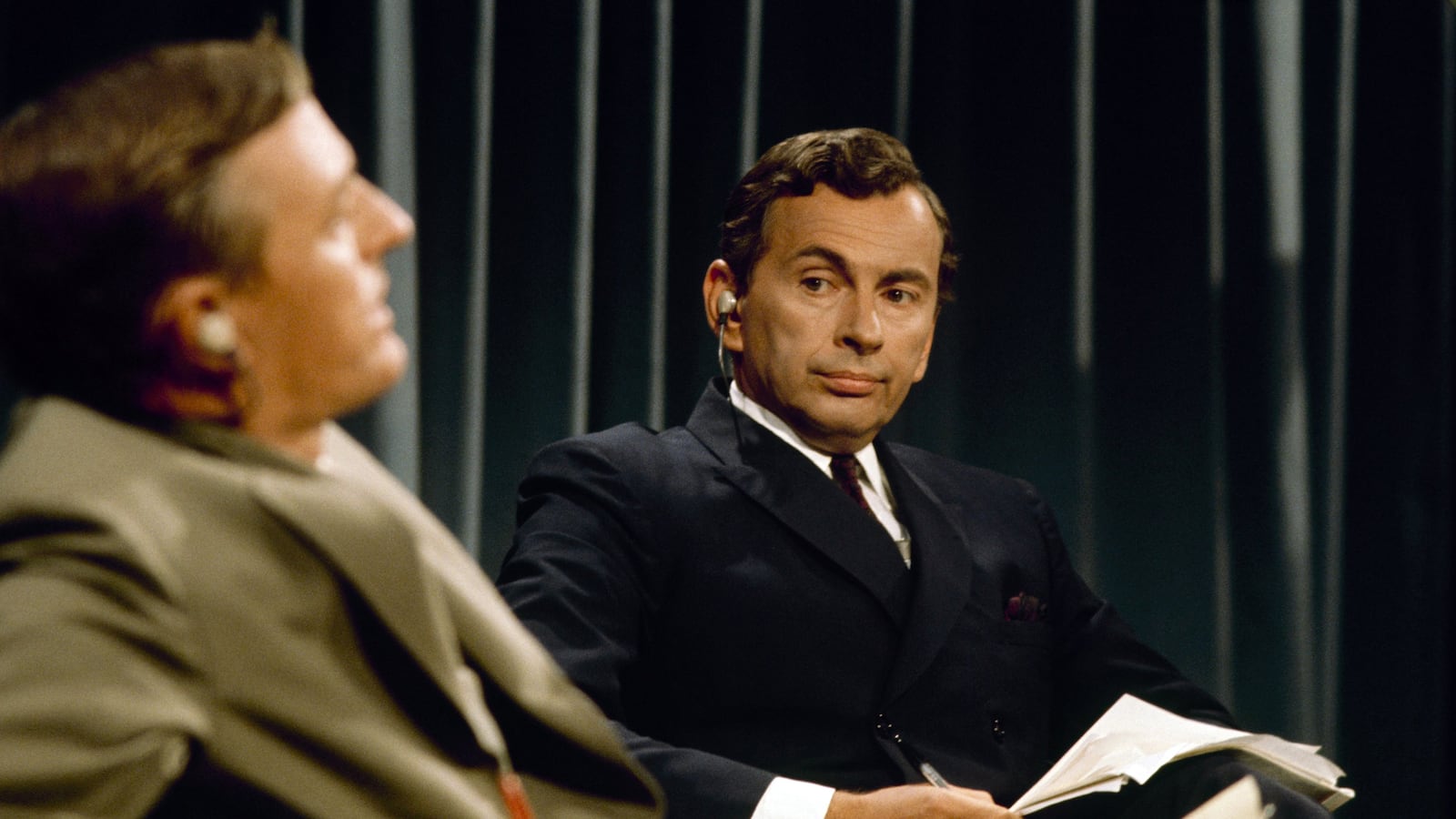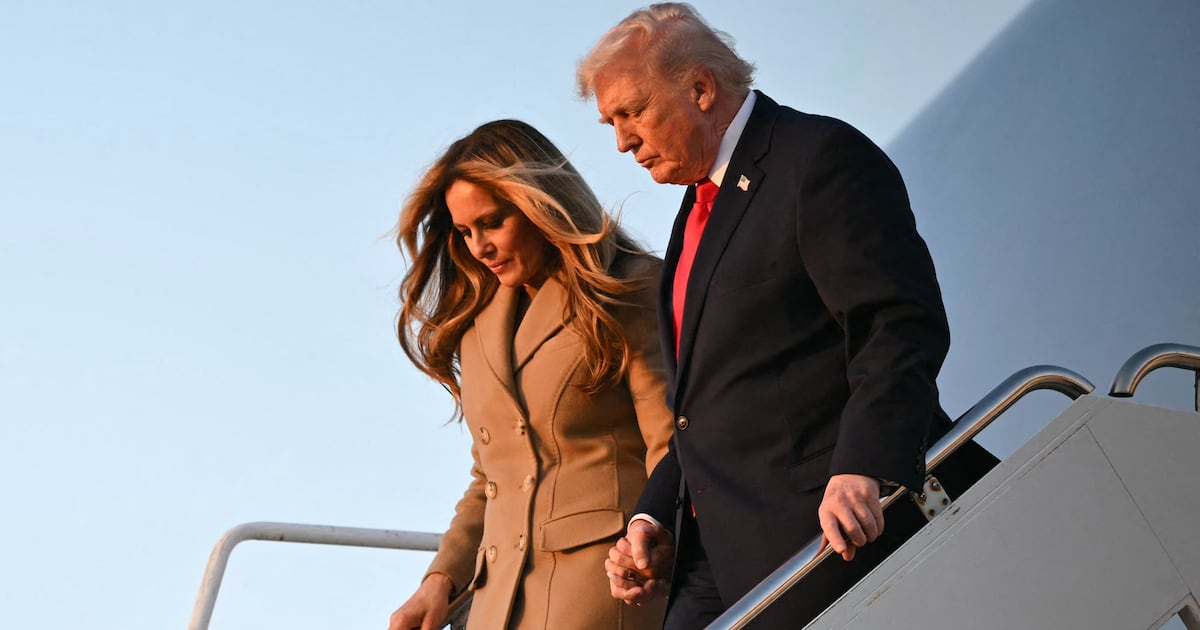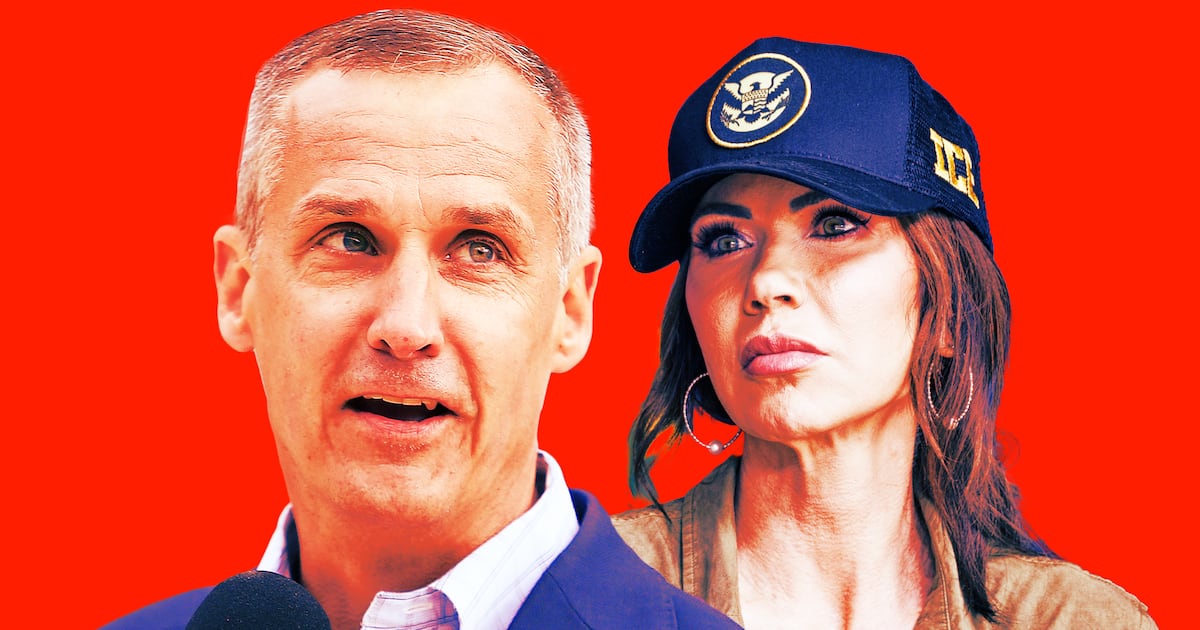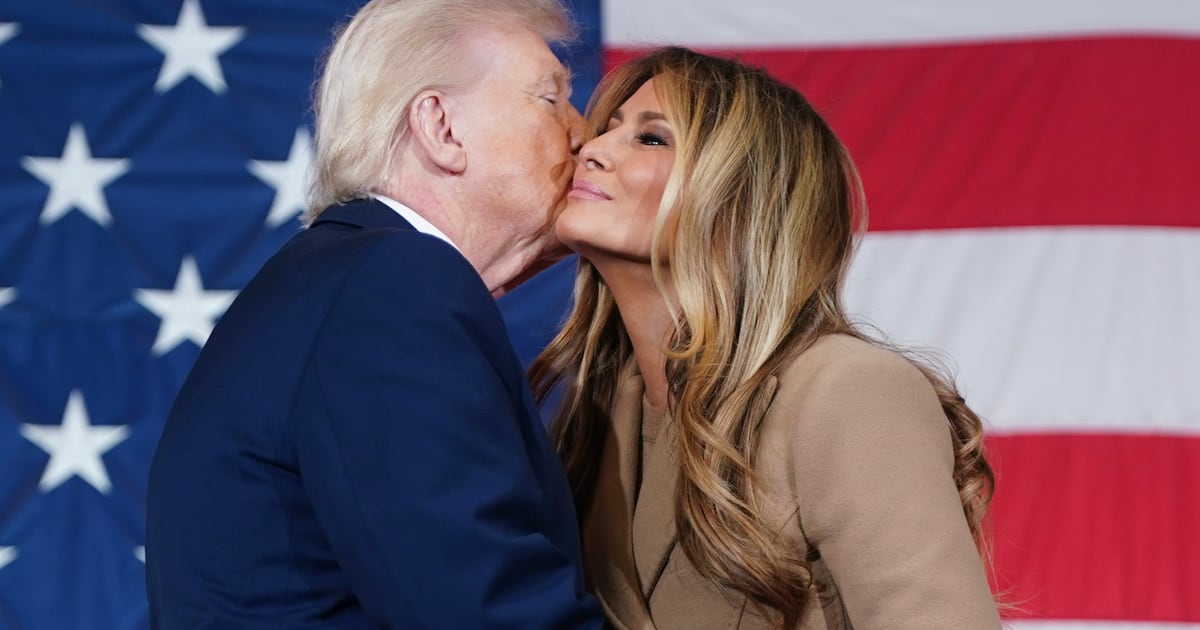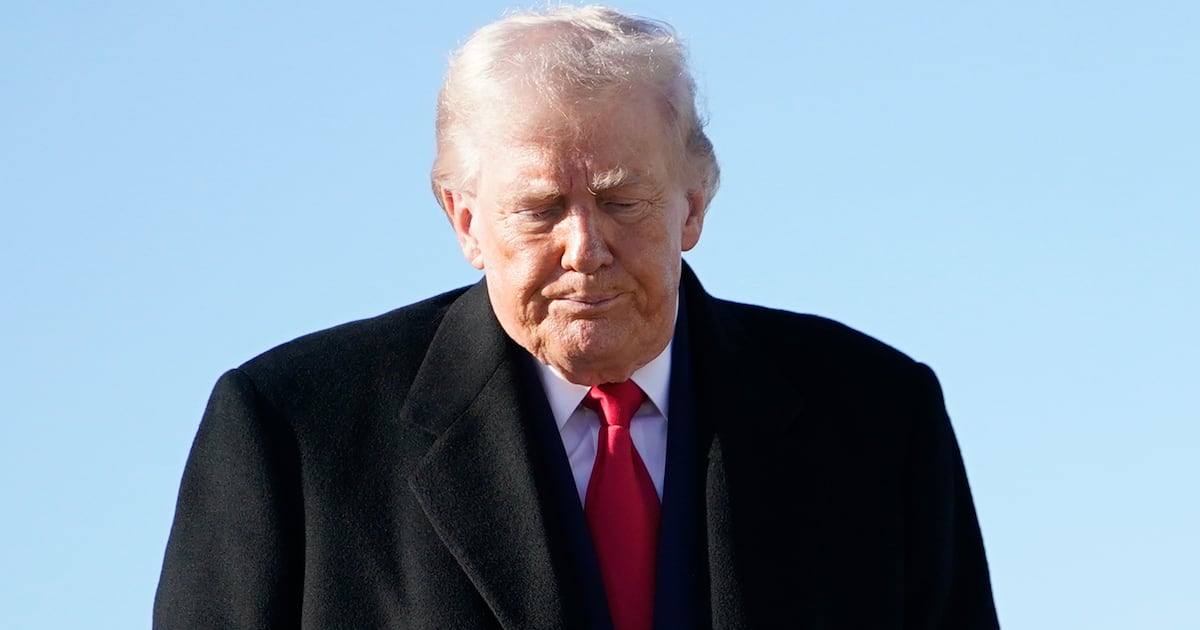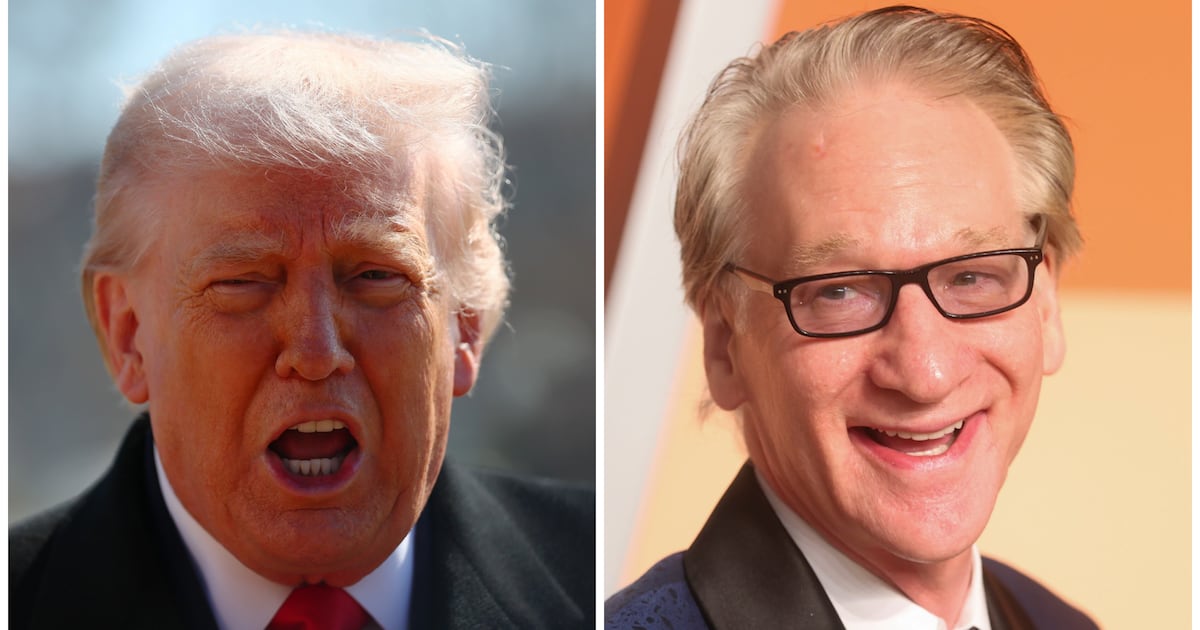In Hillary Clinton’s first economic policy speech this past week in New York, she tracked the income gap between the super-rich and middle class back 15 years. It’s been going on way longer than that.
I recently saw a preview of a fascinating documentary, Best of Enemies, about the 1968 political debates between the two original ideologues of our polarized cultural wars. William F. Buckley, a staunch Catholic, was then the leading light of the conservative movement. Gore Vidal, a cousin of Jackie Kennedy, was a brilliant novelist, playwright, and a scathing left-wing satirist. Way back then, Vidal raised the issue of “income disparity.” He pointed to a statistic that was shocking fifty years ago. “Five percent of Americans own twenty percent of the nation’s wealth.”
Those were the good old days.
Today, it’s the top one percent of Americans who hold 22 percent of the nation’s wealth. CNBC makes an even more startling prediction: By 2016, the combined wealth of the world’s richest one percent could overtake that of the other 99 percent.
When ABC-TV pitted the two patrician public intellectuals against each other in ten debates aired during the Republican and Democratic national conventions, audiences of 10 to 12 million couldn’t get enough of Buckley and Vidal. TV news was never again the same bland comfort food swallowed by all Americans.
What astonishes about the film, which opens at the end of this month, is how utterly recognizable are the opposite poles of American identity represented by these two men. This is where our culture wars began, and watching Vidal and Buckley do battle across so many fronts reminds us that culture and economics are in fact inextricably linked.. Where, oh where, are intellects like these today – courageous women and men who could strip the lying flesh off the financial manipulators, the climate deniers and the unrepentant bigots and birthers?
Best of Enemies took producer-directors Morgan Neville and Robert Gordon five years to make, because investors couldn’t believe that political debates held fifty years ago would be relevant to audiences of today. Wrong.
In language that was anything but politically correct, the rivals got down to the visceral level of what was bugging the public. The opposing political poles given voice by Buckley and Vidal excited the public, in much the same way that the unapologetic socialist Bernie Sanders and the raging egomaniac Trump do today.
Buckley, with his intimidating lizard tongue flick, dismissed the poor as “freeloaders.” Then he would pop a disarming smile like cubes from an ice tray to extol the virtues of free market capitalism. His wit made him mesmerizing to watch in well-chosen archival clips. Lowering himself to appear on “Laugh In,” he was rudely confronted by an audience member: “Why don’t you ever stand up? Can’t you think on your feet?”
Buckley gave his sideways sardonic smile. “It’s hard to stand up when you carry the weight of knowing so much.”
Vidal, fleshy-lipped and sloe-eyed, came to the first debates prepared with pages of razor-sharp digs, but he led into them with seductive words that often caught his opponent off guard.
By their tenth match in these heavyweight bouts of brainy blood sport, Vidal is calling Buckley a “crypto-Nazi.” An enraged Buckley, who’d fought in World War II, bares his pointy teeth to call Vidal a “queer” – surfacing sexual orientation as a slur for the first time on national TV. Vidal had recently published a scandalous novel, “Myra Breckenridge”, which depicted the first transgender heroine. Buckley wound up warning the nonplussed Vidal: “I’ll sock you in the face and you’ll stay plastered.”
Beyond Vidal’s prescient mention of income disparity, he and his rival were not concerned with class warfare. Both were rich white men in a social stratum where wives or gay partners usually stayed home and planned dinner parties and hired nannies. Today, almost two-thirds of mothers with children under six are in the work force. But we’re still arguing about all the “culture war” issues that broke out in the early 90s when the Clintons first ran as co-presidents and Conservative commentator Pat Buchanan used them as targets.
The polarization that has transformed American politics was dubbed the “culture wars” in 1991. A year later, Buchanan stunned the Republican National Convention with a speech claiming that the country was in a “religious war for the soul of America.” He would name abortion, sexual orientation, radical feminism, gun politics, and even clashes over the Confederate flag as “hot-button issues.”
And here we are, 35 years later, with a wider chasm than ever between “progressives” and “conservatives.” Class warfare linked with the culture wars pit presidential candidates like Senator Ted Cruz –who wants to abolish the IRS and let citizens fill out their taxes on a post card—against Senator Bernie Sanders, who could easily comply, never having held a fulltime job before he entered politics at 40 and whose estimated net worth is $330,000.
“Bill [Buckley] wouldn’t have liked the Tea Party at all,” says Neville. Buckley’s greatest achievement was to cleanse the right from the John Birch Society and make it respectable, founding the National Review as its mouthpiece. “The swing of the pendulum [to the extreme right] began after 1980.”
In 2015, Hillary Clinton is way ahead of Republicans in recognizing the impact of our fast-spreading “gig economy.” Companies are continuing to cut full time jobs with benefits, and replacing them with freelancers and contract workers paid for piece work with no benefits. That’s both positive and negative. It means lots more innovation in our economy by well-educated self-starters who make up today’s growing entrepreneurial class.
But the “End of Work,” as The Atlantic has called it, also means the marginalization of many middle-class white and blue collar workers. Clinton sees that the economic mission of our times is to raise incomes for the vast majority of Americans so they can afford a middle-class life.
Here’s a stunning prediction by AARP’s chief brand officer, Emilio Pardo: By 2020, more than 40 percent of Americans will be working as freelancers or entrepreneurs—not as paid full-time workers with benefits.
Clinton fingered by name a few of the “trickle down” troglodytes—Jeb Bush, Scott Walker and Marco Rubio—who are still pushing policies from the old Reagan and George W Bush regimes that sank our country in national debt. As Hillary said, “Twice now in the past 20 years, a Democratic president [Clinton and Obama] has had to come in and clean up the mess left behind” from the Republican habit of cutting taxes for the rich and letting big corporations write their own rules.
Corporate profits are soaring as paychecks continue to shrink. Clinton’s solution is a new “Fairness Economy,” starting with a resurgent movement of women into the American workforce. Over the past 40 years, she points out, working women pumped $3.5 trillion of growth into our economy. The U.S. used to rank 7th out of 24 countries in women’s labor force participation. By 2013, we had sunk to 19th place. That engine of growth is seriously stalled.
Clinton promises to fight for fair pay and fair scheduling, paid family leave and earned sick days. On top of that, she calls on companies to offer higher wages and better benefits, and to share profits with their employees. This is a new front in the culture wars.
So as long as we keep escalating this eternal “war for the soul of America” (and for the billionaire backers who will pony up the most undisclosed bucks), can’t we find a pair of bitchy brainiacs who will make us laugh all the way to the unemployment lines?
Gail Sheehy is the author of “DARING: My Passages” and “Hillary’s Choice”.
